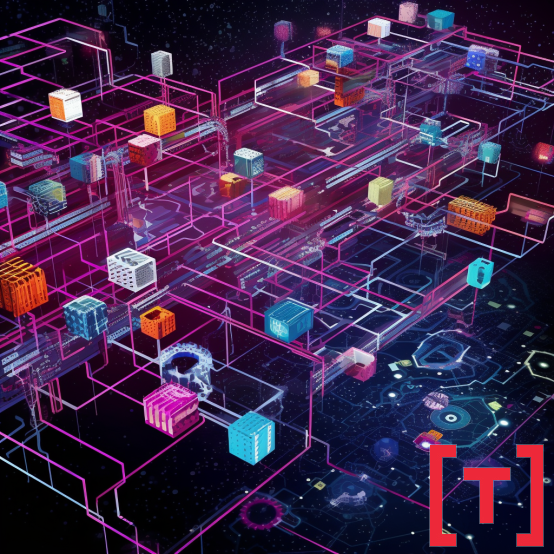Navigating Digital Transformation: How ITIL Empowers Success in our Digital World
ITIL and digital transformation are two interconnected concepts within the field of IT service management (ITSM). ITIL (Information Technology Infrastructure Library) is a framework that provides guidance for the management of IT services. It offers a set of best practices for aligning IT services with …
Utilizing Large Language Models in Healthcare
There is a lot of talk, hype, and fear around several new artificial intelligence applications, such as Open AI’s Chat GPT, that fall under the category of “generative AI” and large language models. The following explains these models at a very high level and discusses …


